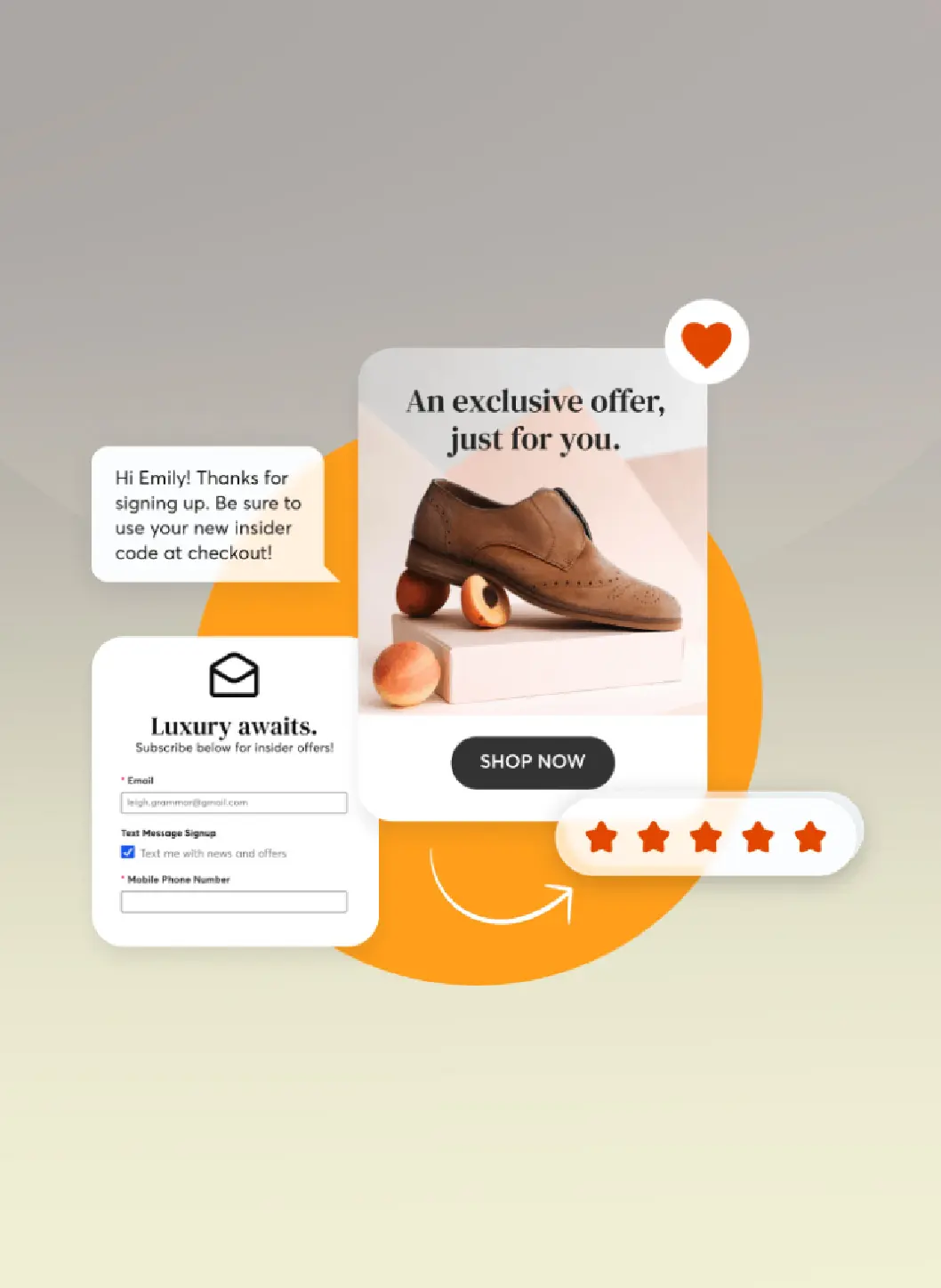In today’s competitive landscape, understanding what drives your customers’ decisions is more important than ever. And here’s the secret: It’s not just about what you’re selling—it’s about how your customers feel about what you’re selling. This is where psychology comes in.
Combining marketing with psychological insights can give your business the edge it needs to stand out, build stronger customer relationships, and ultimately boost your sales. In this blog, we’ll explore how leveraging psychology in your marketing strategy can help you connect with your audience on a deeper level.
Why Psychology Matters in Marketing?
Marketing isn’t just about promoting products or services—it’s about influencing decisions. The choices your customers make aren’t always logical; they’re often driven by emotions, habits, and unconscious triggers. When you understand these psychological factors, you can design marketing campaigns that resonate on a deeper, emotional level.
In fact, studies show that up to 95% of purchasing decisions are driven by subconscious factors. So, if you can tap into that, you can guide your customers toward making the decision to choose your business over the competition.
4 Key Psychological Principles to Use in Your Marketing Strategy
Here are four psychological concepts that, when applied correctly, can significantly enhance your marketing efforts.
1. The Power of Social Proof
People trust the opinions of others, especially when making decisions. That’s why social proof—like reviews, testimonials, and user-generated content—can be so effective in influencing purchasing behavior. When potential customers see that others have had positive experiences with your brand, they’re more likely to feel confident in their decision to buy from you.
How to apply it: Encourage satisfied customers to leave reviews or share their experiences on social media. Feature testimonials prominently on your website and marketing materials.
2. Scarcity and Urgency
No one likes to feel like they’re missing out on something. Creating a sense of scarcity or urgency can push potential customers to take action. If your audience believes that a product is limited or an offer is about to expire, they’re more likely to act quickly to avoid losing the opportunity.
How to apply it: Use phrases like “Limited time offer” or “Only a few items left in stock” in your promotions. Just be sure to keep it honest—false scarcity can damage trust.
3. The Reciprocity Principle
People are more likely to give back when they’ve received something first. This is known as reciprocity. In marketing, providing value upfront—whether through free samples, helpful content, or special offers—can encourage your customers to return the favor by making a purchase or staying loyal to your brand.
How to apply it: Offer free trials, valuable e-books, or exclusive discounts to build a sense of obligation and increase the chances that your audience will reciprocate.
4. Consistency and Commitment
Once someone commits to a small action, they’re more likely to stay consistent with that behavior. This is known as the consistency principle. By encouraging potential customers to take small steps—like signing up for your newsletter or engaging with your brand on social media—you increase the likelihood that they’ll take bigger actions later, such as making a purchase.
How to apply it: Offer low-barrier entry points like signing up for a free demo or downloading a resource. Gradually move them through the customer journey toward a purchase.
Emotional Triggers: The Key to Resonating with Your Audience
Emotions play a central role in decision-making. Understanding and using emotional triggers in your marketing can create a deeper connection with your audience. Here are some common emotional triggers you can leverage:
- Fear of missing out (FOMO): Make your customers feel like they could miss out on something great by not taking immediate action.
- Happiness: Positive emotions drive engagement and loyalty. Showcase how your product or service can make life better or easier.
- Trust: Building trust is key to long-term success. Use transparent, honest communication and show that you understand your customers’ needs.
By creating campaigns that tap into these emotions, you’ll be able to connect with your customers on a more meaningful level, making your brand memorable and trustworthy.
Examples of Marketing and Psychology in Action
Let’s look at how some brands are using these psychological principles effectively:
- Amazon leverages scarcity and urgency by showing stock availability and offering limited-time deals.
- Airbnb uses social proof by displaying guest reviews and showing how many people have recently booked a location.
- Dropbox built its user base early on through reciprocity, offering free storage space for referrals, which encouraged customers to spread the word.
These companies have successfully integrated psychology into their marketing strategies, driving customer engagement and boosting sales. And guess what? Your business can do the same.
Conclusion: Make Psychology Your Secret Marketing Weapon
The combination of marketing and psychology isn’t just a trend—it’s a powerful tool that can transform how you connect with your customers. By understanding and applying these psychological principles, you can create more impactful campaigns that resonate with your audience and ultimately drive more business.
Remember, it’s not just about what you’re selling; it’s about how your customers feel about what you’re selling. Tap into their emotions, build trust, and watch your business grow.
“The strongest brands tell simple stories.”
Ready to grow your Business? No matter what stage your business is at, we are ready to take it to the next level, book a meeting now.
Contact us +16313102028 – studio@insigde.com




